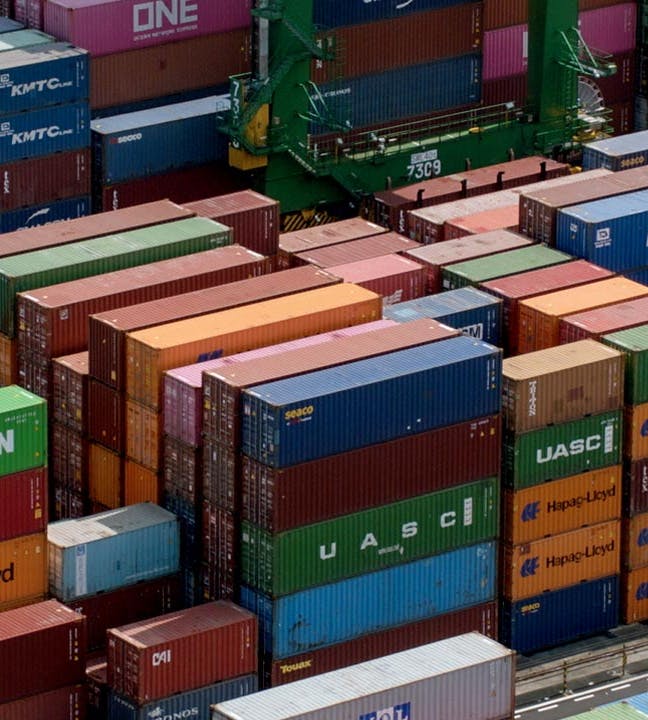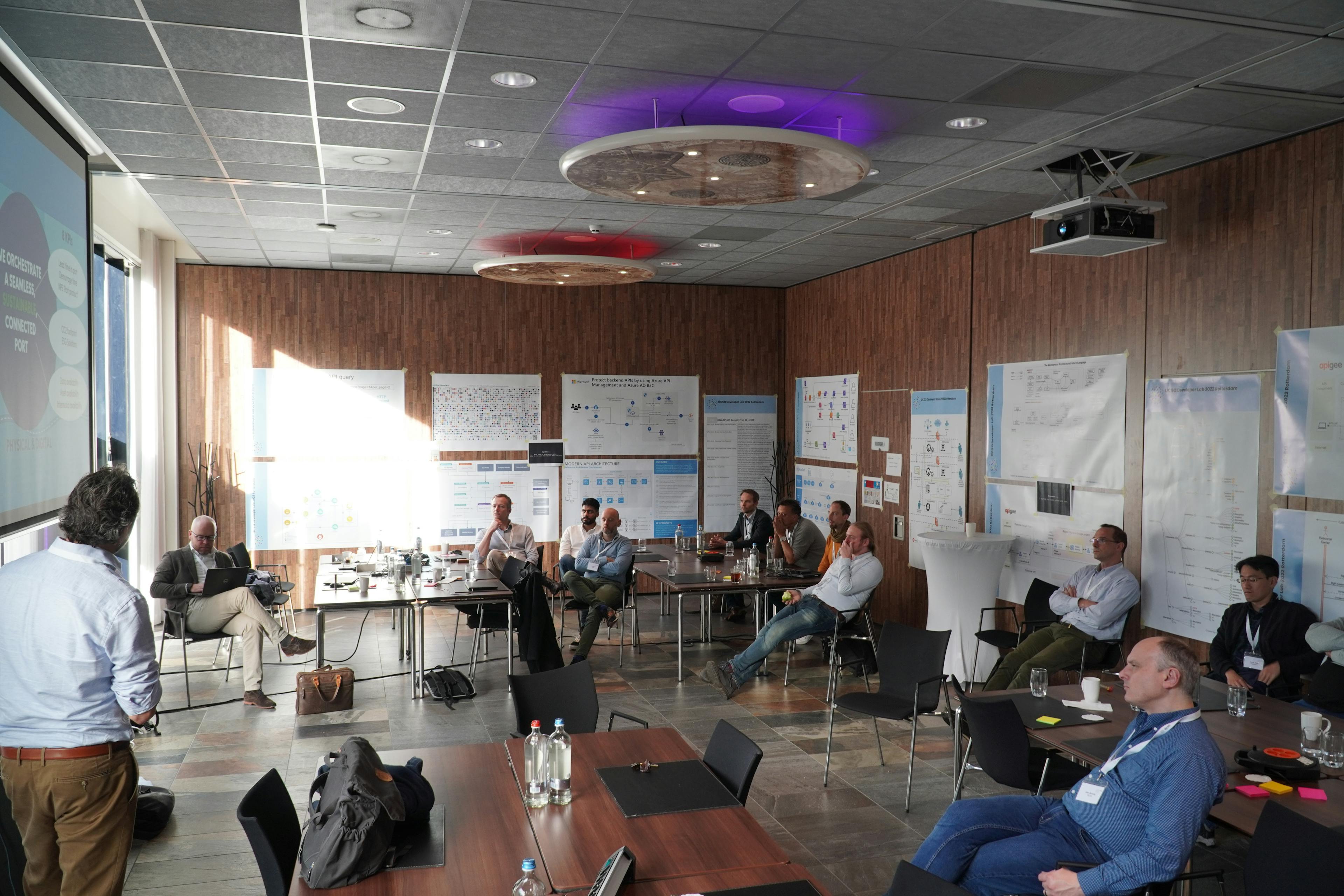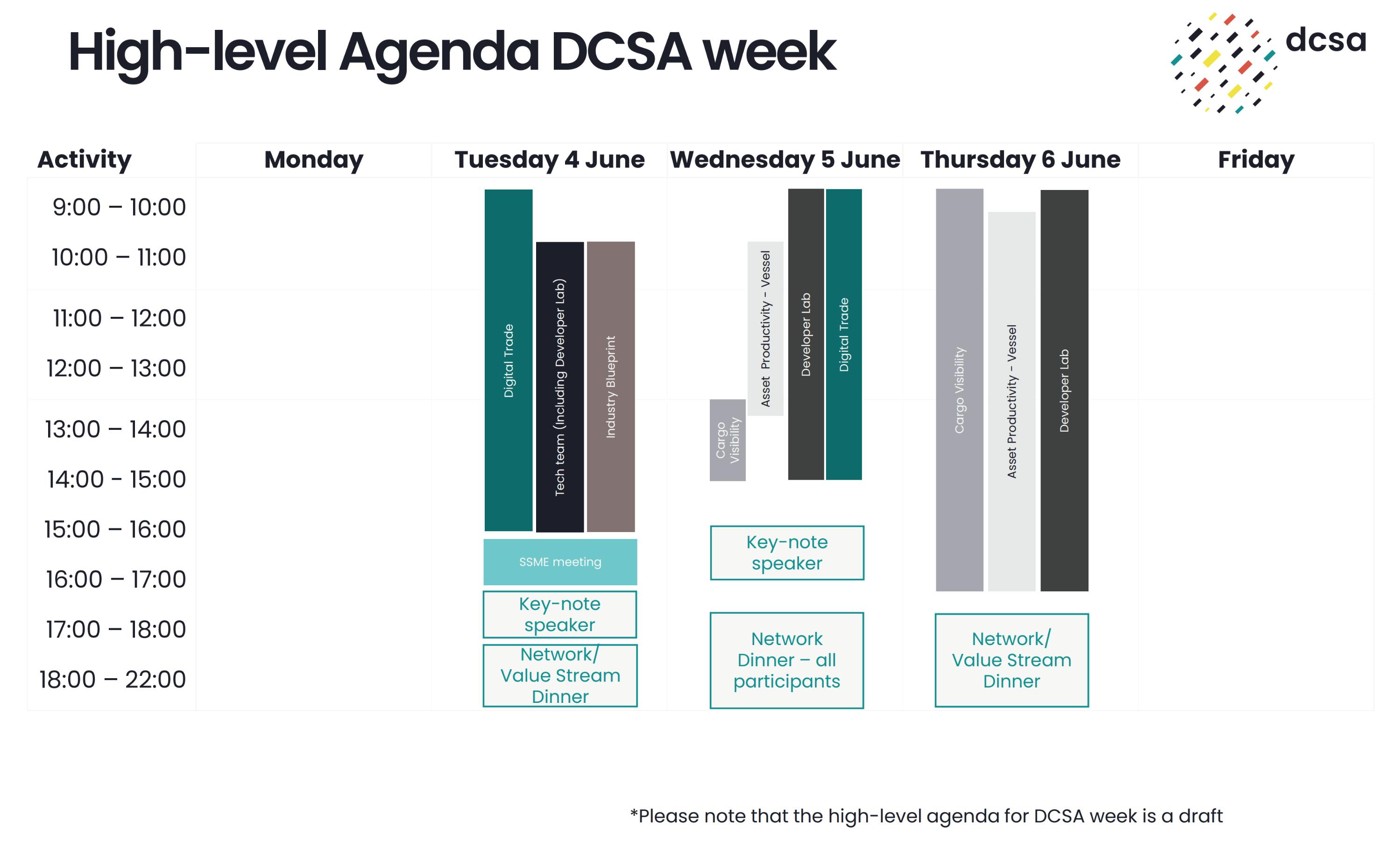DCSA week 2024
4th - 6th of June


Join us for DCSA Week 2024

Register online (for Members only)
Please join us in Haarlem, Netherlands for DCSA Week 2024 from June 4 – 6. Collaborate side-by-side with fellow subject matter experts and DCSA to help move the industry closer to our shared vision of greater efficiency, reliability, transparency, and sustainability through digital transformation.
Please note that registration for DCSA week 2024 is mandatory and we'd like to ask you to register before May 15th. Simply click the button below and get started.
This is a member only event.
DCSA week agenda

Very close to Schiphol

Event location
This year's DCSA week will be held at the van der Valk, close to Schiphol, only a short distance from Haarlem city center as well as the beach. Please access more details about the hotel as well its exact location through the links below.

Let's engage
We have a series of exciting networking events planned for SMEs on Tuesday, Wednesday, and Thursday evenings. These events will feature an inspiring keynote speech, engaging activities at nearby facilities, and a special event on Wednesday evening. To learn more about our schedule and activities.
- Monday: Drinks & bites in the hotel bar (start 20.30 CET)
- Tuesday: Walking dinner at the hotel (start 18.00 CET)
- Wednesday: TBD
- Thursday: TBD